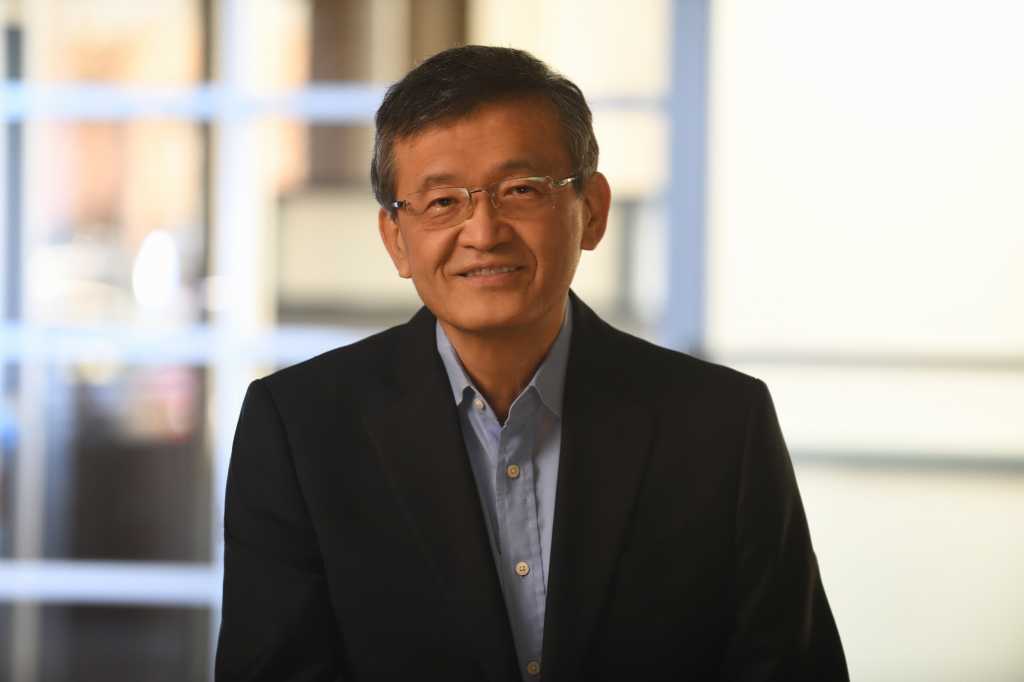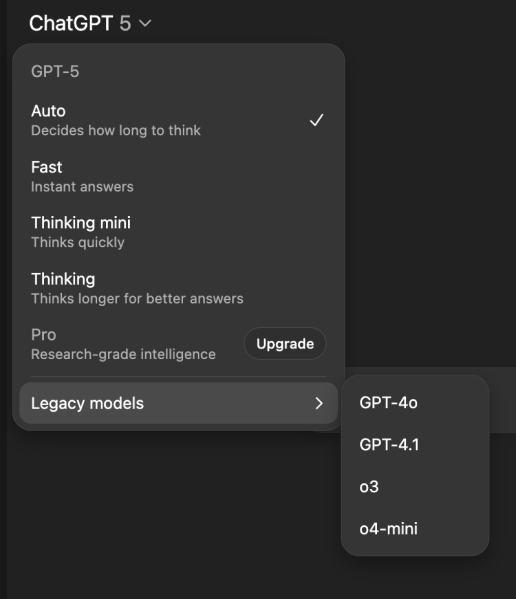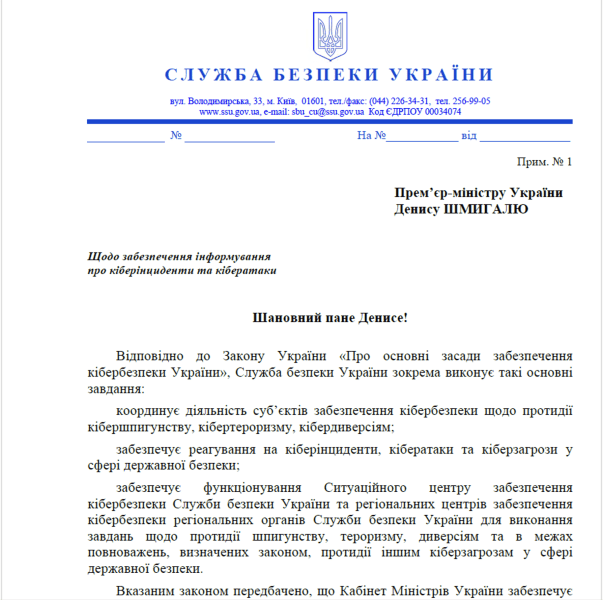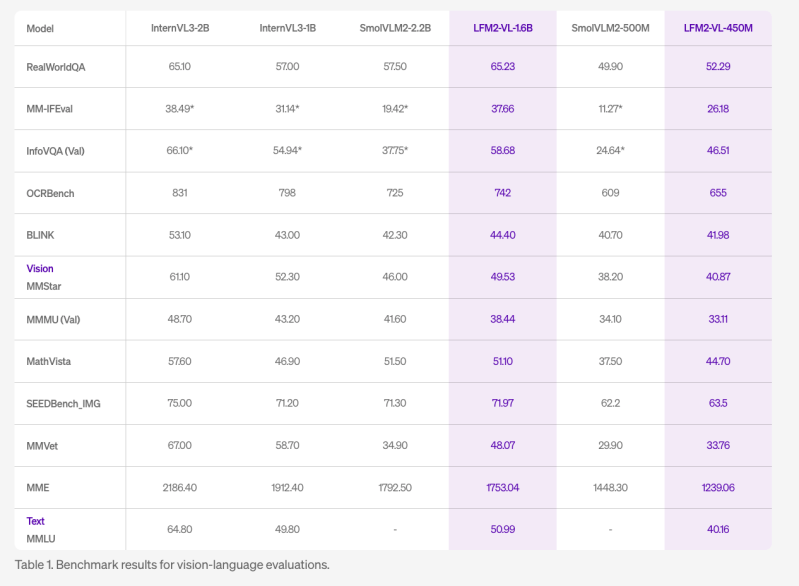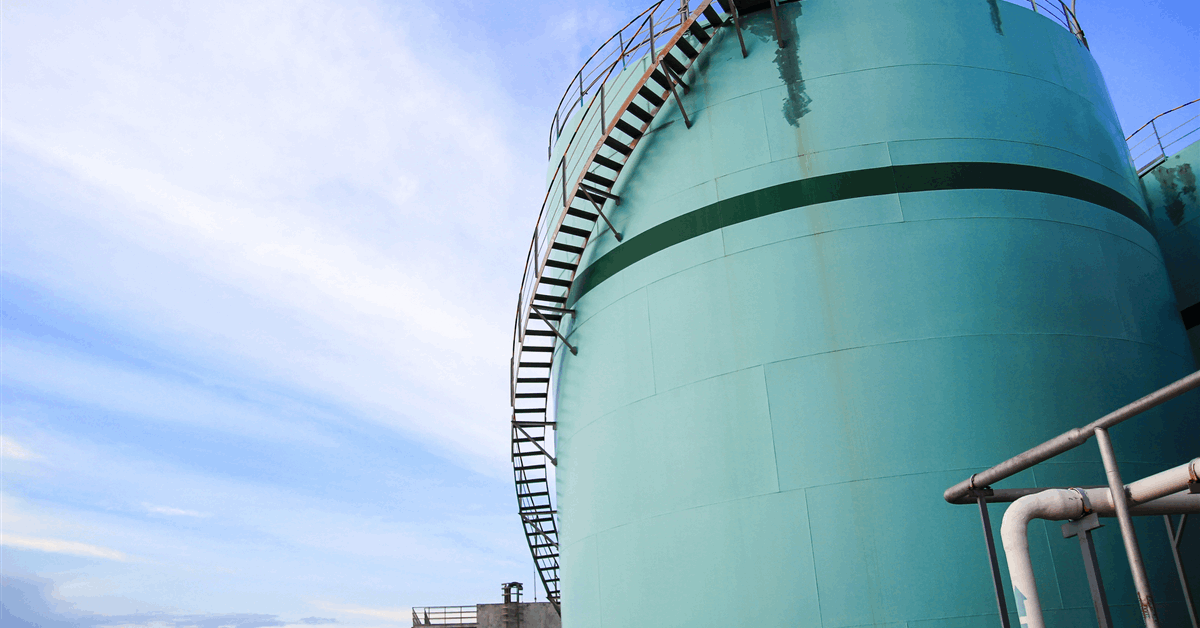
LG Chem Ltd. and Eni SpA’s mobility unit Enilive have broken ground on South Korea’s first hydrotreated vegetable oil (HVO) and sustainable aviation fuel (SAF) production plant. The facility will rise at LG Chem’s Daesan chemical complex in Seosan, Chungcheongnam-do, 50 miles southwest of Seoul.
The plant will be constructed by the LG Chem and Enilive joint venture, LG-Eni BioRefining. It is scheduled for completion in 2027 and will annually process approximately 400,000 tons of renewable bio-feedstock, the companies said in a joint statement.
The facility’s HVO and SAF, whose demand is expected to rise due to renewable fuel mandates, will be produced by hydrogenating more sustainable vegetable oils like used cooking oil (UCO) and other waste residues through Ecofining, a technology developed by Eni in partnership with Honeywell UOP, the statement said.
“LG Chem is transforming its portfolio to build a low-carbon foundation that ensures both a progressively more sustainable growth and profitability”, Shin Hak-cheol, CEO of LG Chem, said. “By advancing innovation in renewable fuels and bio-based feedstocks like HVO, we aim to strengthen our global competitiveness and meet our customers’ evolving needs efficiently”.
By incorporating HVO into its supply chain, LG Chem aims to grow its range of ISCC PLUS-certified bio-circular balanced (BCB) products. These products are intended for use in sectors such as electronics, automotive, sporting goods, and hygiene products.
“The Seosan biorefinery breaking ground reaffirms Enilive’s strategy in offering increasingly sustainable products and our company’s position as a leader in biofuels production”, Stefano Ballista, Enilive’s Chief Executive Officer, added. “Together with the plants that are already operational in Italy and in the United States of America, and with new biorefining plants under construction in Italy and Malaysia, the upcoming biorefining plant in Daesan will contribute to reach our 2030 target to increase our biorefining capacity to over 5 million tons per year, with the potential to produce more than 2 million tons per year of SAF”.
To contact the author, email [email protected]
What do you think? We’d love to hear from you, join the conversation on the
Rigzone Energy Network.
The Rigzone Energy Network is a new social experience created for you and all energy professionals to Speak Up about our industry, share knowledge, connect with peers and industry insiders and engage in a professional community that will empower your career in energy.
MORE FROM THIS AUTHOR

